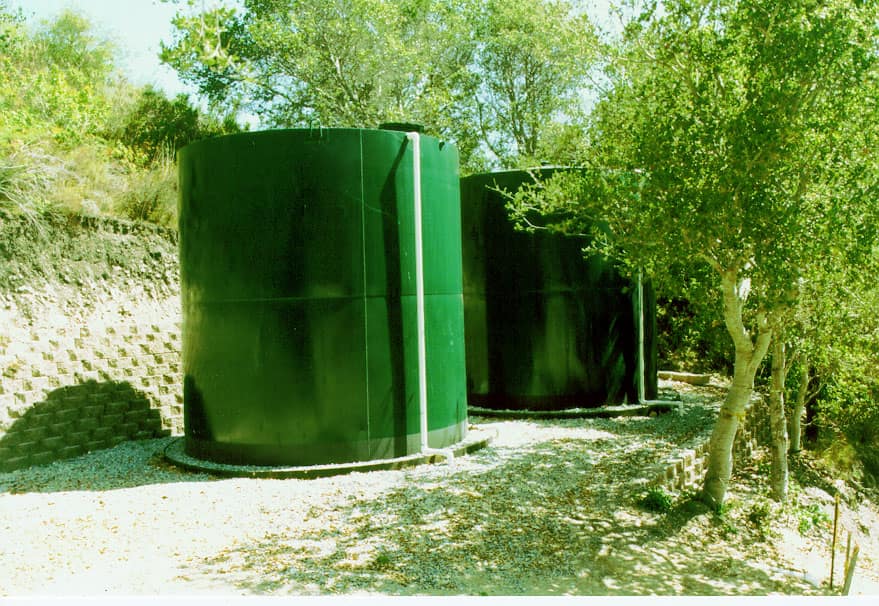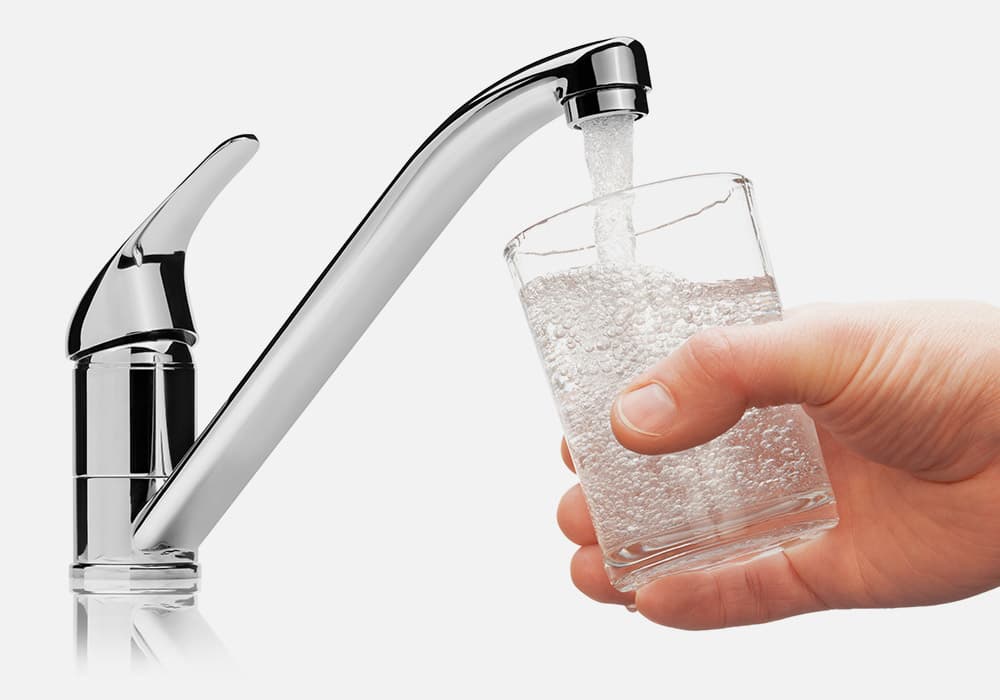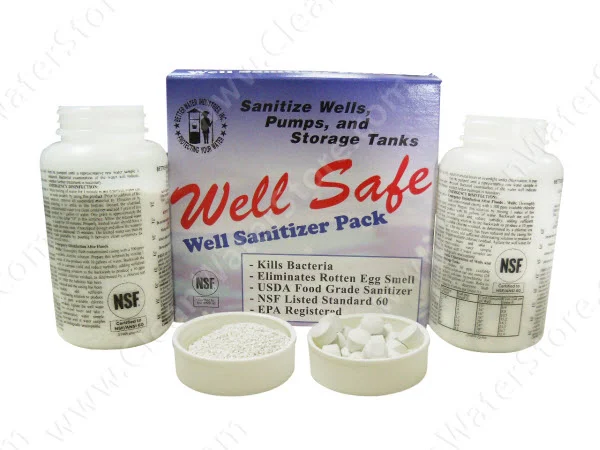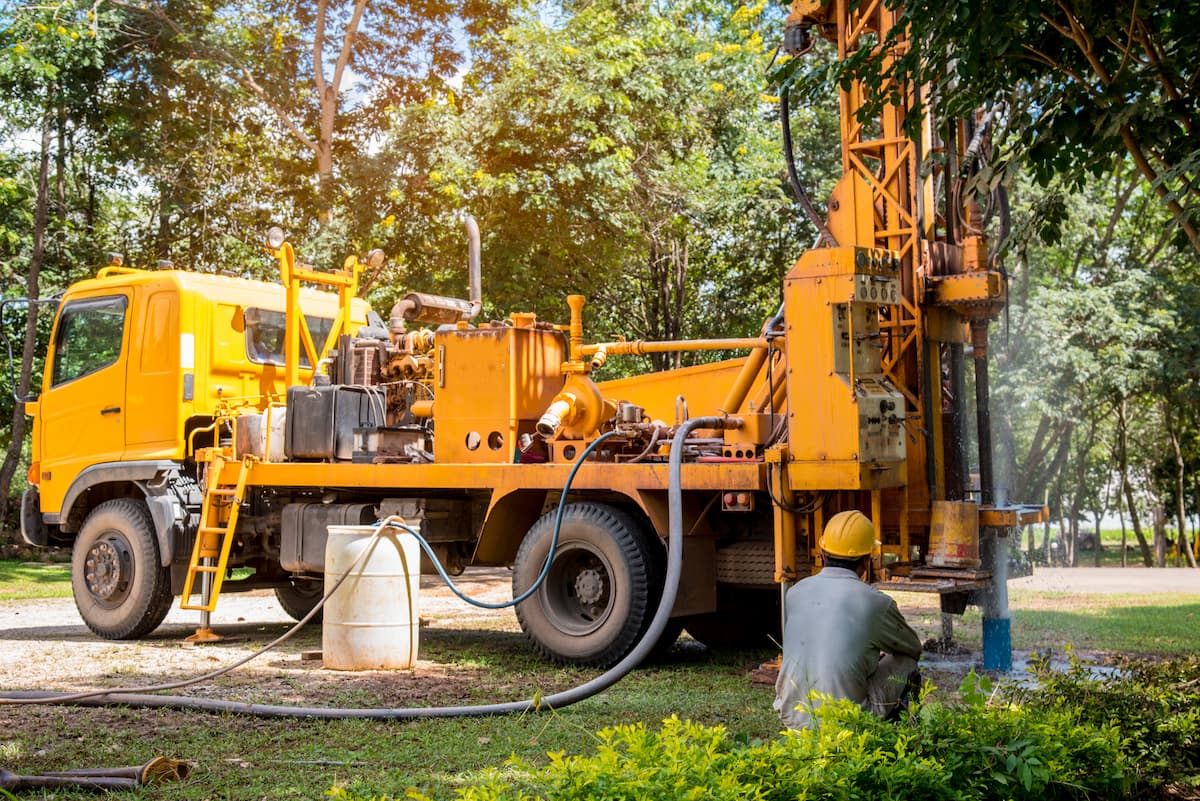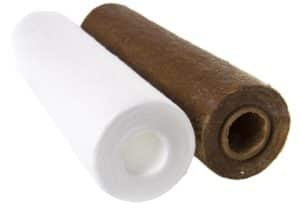How Whole House Water Filters Keep Your Family Safe: A Mom’s Guide
When creating a safe and healthy environment at home, clean water is essential—especially for moms who want to ensure their family’s well-being. A whole house water filter can provide peace of mind by removing contaminants, making water safer to drink, cook, and bathe throughout the entire home.
In this guide, we’ll explore how whole house water filters can protect your family, improve your home environment, and offer benefits that extend to healthier skin and hair.

What is a Whole House Water Filter?
A whole house water filter is a home water filtration system designed to treat all the water entering your home, ensuring every tap delivers clean, filtered water.
Unlike point-of-use systems that only filter water at one specific location (like a kitchen sink), whole-house filters connect to the main water line and provide comprehensive coverage.
They come in different forms, such as water softeners and salt-free water conditioners, and whole house carbon removal systems, each addressing different contaminants to improve water quality.
Why Moms Should Consider a Whole House Water Filter
Protecting Children from Harmful Contaminants:
Children’s skin is sensitive; exposure to contaminants like chlorine can lead to skin irritations and allergic reactions. A whole house water filter helps to reduce exposure to such chemicals, ensuring your kids bathe in cleaner, healthier water.
High chlorine residuals in water, while necessary for disinfecting public water supplies, can adversely affect both skin and hair for children and adults.
Chlorine is a powerful disinfectant added to municipal water to eliminate bacteria and pathogens, but it can cause skin and hair problems.
Chlorine can strip the skin and hair of natural oils when present in higher concentrations. This can lead to dryness, irritation, and an imbalance in the skin’s moisture barrier.
For children, who often have more sensitive skin, exposure to chlorine-rich water can result in redness, itchiness, and exacerbation of conditions like eczema.
For adults, high chlorine levels can cause similar issues, such as dryness and itching, but it can also lead to premature skin aging as it breaks down essential proteins and moisture.
Chlorine’s drying effect can also impact hair health, leaving it brittle, frizzy, and more prone to breakage. Over time, regular exposure to chlorine can weaken the hair shaft, making hair feel rough and unmanageable.
For those with color-treated hair, chlorine can accelerate fading and dullness.
A whole house water filter, particularly one with a carbon filtration system, can help reduce chlorine levels, making water gentler on skin and hair for both kids and adults.
Maintaining a Clean Home:
Hard water leaves behind mineral deposits, making it harder to keep bathrooms, kitchens, and appliances clean. By filtering out these minerals, house water filter systems make cleaning easier, saving moms time and effort.
Whole House Water Softener: The Solution for Hard Water Issues
Hard water contains high levels of minerals like calcium and magnesium. This can lead to buildup on faucets, stiff laundry, and dry skin.
A water softener works by removing these minerals (or, in the case of Salt-Free Water Conditioners, changing their structure so the minerals will not build up as scale), providing several benefits:
Softer Skin and Hair:
With fewer minerals in the water, your skin and hair retain more moisture, leading to less dryness and irritation.
Easier Cleaning:
Hard water buildup on shower doors, faucets, and sinks has become a thing of the past, making cleaning tasks quicker and more efficient.
Longer-Lasting Appliances:
By reducing scale buildup, a water softener helps extend the life of your water heater, dishwasher, and washing machine.
Whole House Carbon Removal Systems: Eliminating Chemicals for Healthier Skin
Chlorine and other chemicals are often used to treat public water supplies but can adversely affect skin and health. A whole house carbon removal system effectively eliminates these chemicals, offering a comprehensive house water filtration system:
Reduced Skin Irritations:
Chlorine can strip natural oils from the skin, leading to dryness and irritation. A carbon filter keeps water gentle on the skin, especially for children.
Cleaner-Tasting Water:
Carbon filters make drinking water more enjoyable by removing unpleasant tastes and odors caused by chlorine and other contaminants.
Health Benefits of Using a Whole House Water Filter
Improved Skin and Hair Health:
A whole house water filter reduces exposure to harsh minerals and chemicals, leading to healthier water, softer skin, shinier hair, and fewer skin issues.
Reduced Risk of Allergies and Reactions:
Families, particularly those with sensitive skin, can benefit from reducing irritants in the water, decreasing the likelihood of allergic reactions and skin conditions.
Peace of Mind:
Knowing that every drop of water is filtered assures parents that they provide their family with the safest water possible.
Whole House Water Filters vs. Point-of-Use Filters: Why Go Big?
Many families weigh the benefits of whole house water filters against smaller, point-of-use systems when considering water filtration.
While point-of-use filters like reverse osmosis systems can be effective for specific needs or as an addition to a whole house system, whole house systems offer significant advantages even on their own, especially in reducing contaminants in tap water,
Comprehensive Coverage:
A whole house water filter ensures that every tap, shower, and appliance receives filtered water, offering excellent protection and convenience.
Cost-Effectiveness:
Although the initial investment may be higher, whole house systems reduce the need for multiple filters and frequent replacements, saving money over time.
How to Choose the Right Whole House Water Filter for Your Family
When considering a water filtration system, whole house carbon filters vs water softeners is a common debate; however, some folks will choose both if their water is high in hardness minerals and they also desire chlorine-free water throughout the home.
When deciding between a whole-house carbon filter and a water softener, consider the following factors:
Water Source
A carbon filter may be the best choice if your primary concern is chlorine or chemical contaminants (which are common in city water).
A water softener may be more effective if you have hard water (common in well water or certain regions).
Find out your water chemistry by searching for your city water chemistry report or getting a home test kit.
Understanding Your Water Needs:
Get a water quality report from your local water authority to determine the contaminants in your water supply. This will help you decide whether you need a water softener, a carbon filter, or a combination.
Focus on Safety Concerns:
If you have children with sensitive skin or allergies, consider a system that effectively removes chlorine and other chemicals.
Professional Guidance:
Consulting a water filtration expert can help you choose the right system for your home’s needs.
The Installation Process: What Moms Should Know
Professional vs. DIY Installation:
Maintenance Tips:
Regularly check filters and replace them according to the manufacturer’s recommendations. This ensures that your system continues to provide high-quality filtration and extends the system's lifespan.
Cost Considerations: Are Whole House Water Filters Worth the Investment?
Investing in a whole house water filter might seem like a significant expense, but the long-term benefits can outweigh the costs:
Initial Costs vs. Long-term Savings:
While the upfront price may be higher, reducing soap, skin care products, and appliance maintenance can result in long-term savings.
Health Value for Families:
Reducing exposure to harmful chemicals and minerals can prevent potential medical expenses related to skin conditions and allergic reactions.
Testimonials: Moms Share Their Experience with Whole House Water Filters
Real Stories:
“After installing a whole house water filter, my kids’ eczema has drastically improved. It’s been a game changer for our family!” – Emily, mother of two.
“We no longer have to deal with hard water stains, and my hair feels so much softer after showers. It’s the best investment we’ve made for our home.” – Sarah, busy mom of three.
Frequently Asked Questions About Whole House Water Filters
What contaminants does a whole house water filter remove?
Whole house water filters can remove chlorine, sediment, VOCs, heavy metals, and hard water minerals, depending on the type of filter.
How often do I need to replace the filters?
How often you need to replace filters depends on the type of whole house system you have. Our whole house carbon systems and water softeners are low-maintenance, with components designed to last for years without frequent upkeep.
In contrast, cartridge-based systems require filter replacements every few months to maintain effectiveness. The amount of water used directly impacts how frequently filters need to be replaced, so families that consume more water may need to replace filters more often.
For this reason, an automatic whole house carbon filtration system is often a better choice for those seeking a long-lasting, hassle-free solution. Always refer to the manufacturer’s guidelines to ensure optimal performance.
Is a whole house water filter safe for infants and children?
Yes, it can improve the safety of the water used for bathing and drinking, reducing exposure to harsh chemicals.
Can a whole house water filter improve the taste of water?
Yes, particularly systems with carbon filters that remove chlorine and other taste-altering substances and can provide bottled-like water quality throughout the home.
If your water is very high in minerals then an under sink reverse osmosis system is recommended for best taste, however once the chlorine and other tastes are removed the water is generally great for drinking at every tap.
Conclusion: Investing in Your Family’s Health with a Whole House Water Filter

From softer skin to protection against harmful chemicals, whole house water filters provide peace of mind for moms who want the best for their families. Consider taking this step towards a healthier, safer home environment today.
Outbound Links for Additional Information
Learn more about water quality and safety standards from the U.S. Environmental Protection Agency (EPA).
For information on water filtration and health in households, visit the Centers for Disease Control and Prevention (CDC) website.
Discover tips on choosing a home water treatment system from NSF International.







